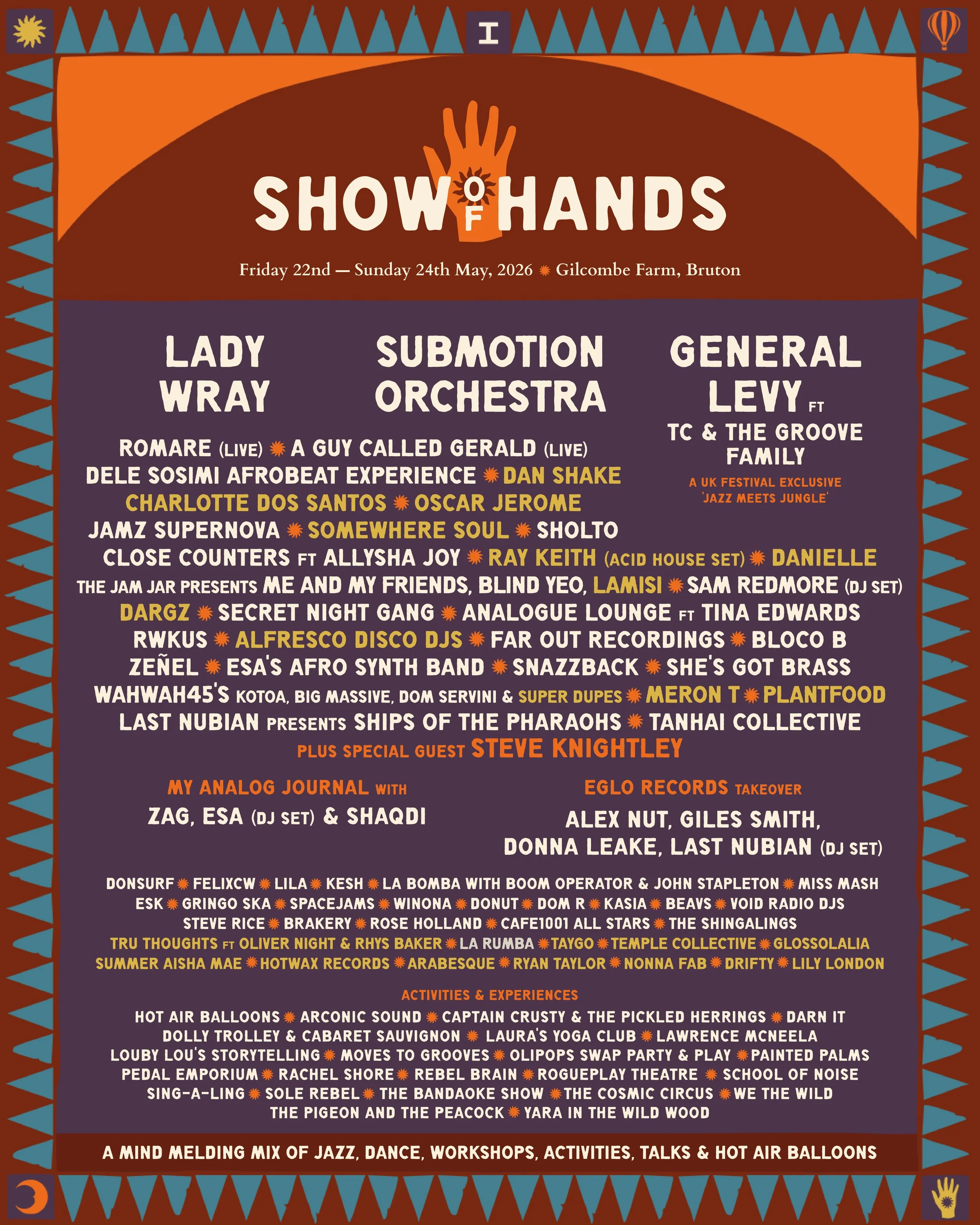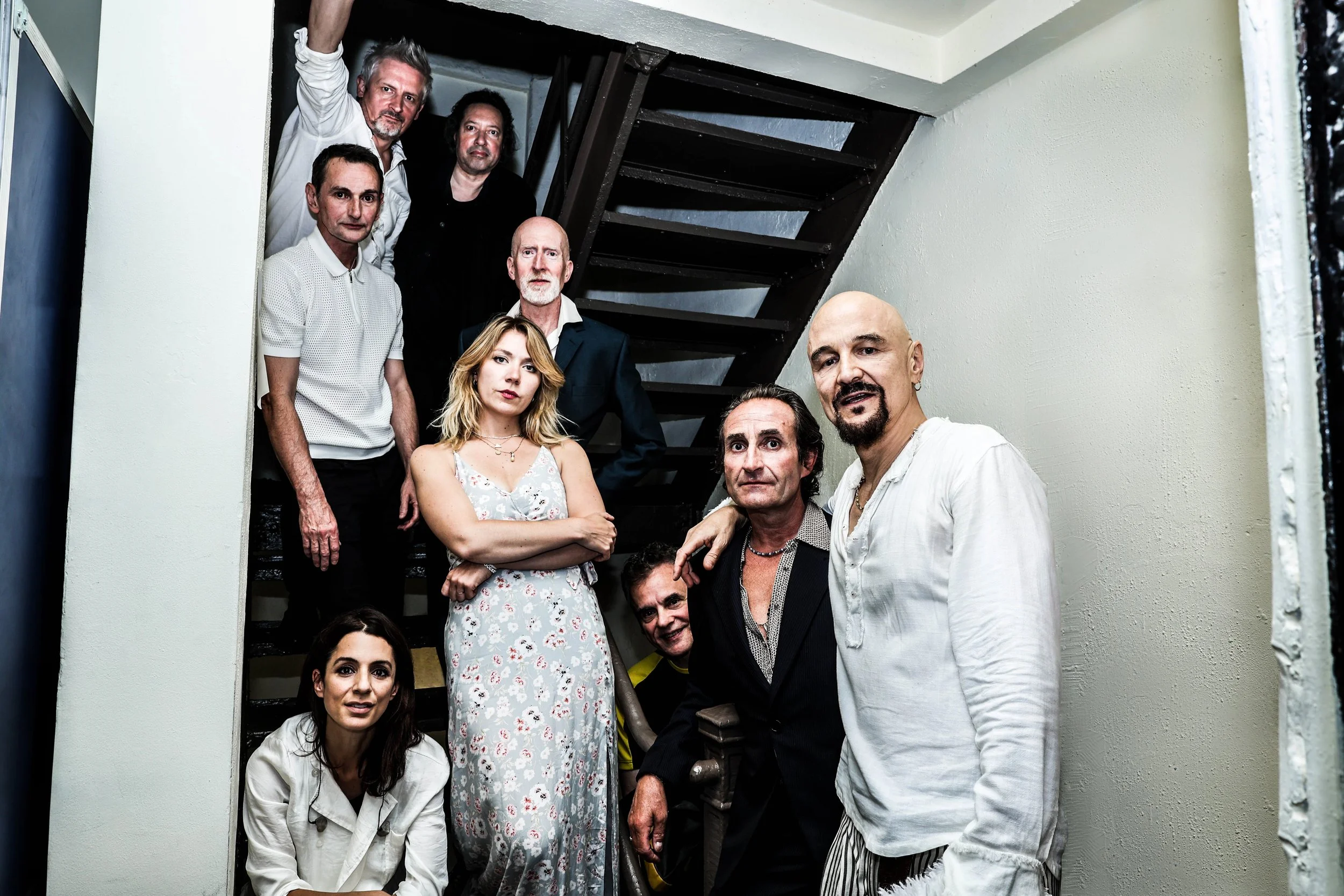The Best Version of Me Is Myself: A Deep Dive into Hannah Diamond’s Perfect Picture
I first came across Hannah Diamond’s photography work at the Cute exhibition at London’s Somerset House. Even though last year’s Barbie movie had everyone hopping on the hot-pink bandwagon, there was something different about Hannah Diamond. The more I explored her music, the more I realised that it was the sincerity behind the cutesy sound and style that set Diamond apart from her peers, creating this uncanny valley effect that is both superficial and achingly real. In a world where irony and cynicism are all too prevalent, the sincerity of her lyrics feels oddly refreshing. Diamond has carefully crafted an identity for herself through her sugary-sweet visuals and soft hyperpop sound. Perfect Picture picks apart the layers in the Photoshopped world of Miss HD and allows us to see her as she really is.
Released in October 2023, Perfect Picture flawlessly encapsulates a point in my life where my entire identity was overturned and I had to reckon with a completely new sense of self. I was diagnosed with autism at the age of 25 in March 2020, the day before the first lockdown in the UK. It felt like the ideal time for a diagnosis for me; there was no pressure to socialise or leave the house at all. I didn’t have to communicate with anyone in the real world (save for my family). However, the more I look back on this time, the more I think about how isolating it was. I, like many people, retreated to the internet and found online communities on Discord through the K-pop and J-pop groups I was listening to at the time. It felt like I was finally finding my place in the world, but when things started to open up again, I experienced a sort of Stockholm Syndrome - I wanted to explore the world through this new persona I had. I was charming, confident, and, most importantly, I felt good about myself. But the harsh reality was that I was stuck in this online world where I had a completely different self to the one in the real world. Online, I had friends at my fingertips. I could show exactly which version of myself I wanted and most importantly, I thought I was happy. Offline, I was full of sadness and rage. Most days, I could barely hold it together and felt utterly hopeless all the time. I developed such severe social anxiety that I would rarely leave my bedroom, and the only time I’d leave the house was to walk my dog (which didn’t really count, as I live in the countryside and hardly see anyone out walking).
One track that really stood out to me on the first listen was Lip Sync. Autistic people tend to copy mannerisms of neurotypicals - we are literally lip-syncing to social norms. Imagine you’ve woken up on a stage and you have to perform in front of millions of people - except there’s no script, you only vaguely know the songs, and nobody has told you what you’re doing there. This is exactly what it feels like to grow up as autistic in a world where there’s an ever-changing set of rules that nobody tells you about. Throw depression and anxiety into the mix, and it feels impossible to even function. That’s why Lip Sync felt incredibly cathartic to me. The opening line “Oh no, can’t get out of bed. Feels like the day’s kind of a lot” coupled with Diamond’s auto-tuned vocals has this cold, detached feeling to it, yet it perfectly captures the mood of not being able to function because of the weight of anxiety.
On the flip side, No FX shows a more vulnerable side to Diamond’s personality. “I’ve learned to blend in seamlessly” she sings, highlighting the fact that she’s always performing as a socially acceptable version of herself. Nobody really notices the struggles she’s going through except an unnamed person “always there, behind the scenes. Watching me explore my dreams”, as she describes it. Although masking can be useful as a tool for survival, it comes with a number of risks, the most prominent one being burnout and sheer exhaustion from the energy it takes to act in a neurotypical way. Navigating school was incredibly difficult for me as I didn’t have my diagnosis to help me figure out why I was so different from everyone else, and why I was so exhausted all the time. I was in survival mode from the moment I stepped on the bus to the moment I walked in through my front door. I didn’t really have any friends and, despite keeping my head down and just staying out of everyone’s way, I had to deal with bullies for most of my school life. It was only when I began studying in London that I began to form real friendships and allowed myself to grow. Having someone see you for who you really are is, in my opinion, vital to combating social anxiety and loneliness.
Even with a strong social support network, life can get overwhelming. No matter how many times I listen to it, Staring At The Ceiling always feels like an “are you me?” moment. At my lowest points, my bedroom became both a sanctuary and a prison. Even after lockdown, I still lived in an online world, too scared to interact with people in real life for reasons I didn’t understand. At this point my anxiety ran riot in my head, telling me awful things about how my friends didn’t reply to me because they secretly hated me, and how nothing would ever get better. All I did was stare at the walls, the ceiling, my phone. My online life was filled with following the lives of people who I only knew on a surface level, thinking I would never measure up to them. Like in Poster Girl, I always wondered if these people ever felt like me. Of course, I always knew they were just images, but the more time I spent looking at them, the more I started to question my own sense of self. My confidence took a massive hit and I began to feel increasingly worthless.
Change doesn’t happen overnight. It takes a tremendous amount of work just to start to heal and feel mentally stable again. So it makes sense that Affirmations is one of my favourite tracks on the album. The repetitive nature of the song creates an affirmation in and of itself. The irony is that a lot of affirmations can feel very disingenuous. The most common kinds tend to focus on attaining wealth, conforming to a certain beauty standard, and being popular. Essentially, the best version of you has to be someone who conforms to capitalist social norms. Whereas in Affirmations, Diamond’s best version of herself is herself. One thing I’ve learnt from recovering from mental illness is that it takes a lot of repetition to get to where you want to be, both physically and mentally. Believing in yourself is all very well, but you have to work extremely hard to break negative thought patterns and, even then, it can be all too easy to slip back into old habits. But it’s always worth it. “I mean a lot to all my friends and I will never give up” is a line that always stands out to me.
That’s what drew me to Hannah Diamond in the first place. Her music is unashamedly sappy and so direct it feels like there’s no way people can take it seriously. But in an age of cringe culture and anything deemed ‘weird’ being mercilessly mocked online, this sincerity is something we sorely need. Despite the increase in awareness of mental health and neurodiversity, it’s still heavily stigmatised and it can be difficult to allow yourself to be vulnerable. However, there is always strength in vulnerability. As Diamond sings on the final track: “My heart, a diamond, unbreakable.” It’s a testament to the power of knowing yourself well enough that you’re able to live, despite the hardships you may face.
Written by Madeleine Atropa
Madeleine Atropa is a freelance artist and writer currently based in the North of England. When she’s not creating chaos in her studio, she can be found wandering around bookshops and art galleries, watching weird films, and playing (then abandoning) video games. You can find her on Instagram @madeleine.atrop.
Opinion





